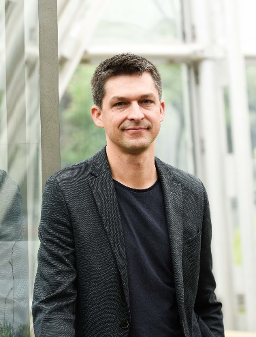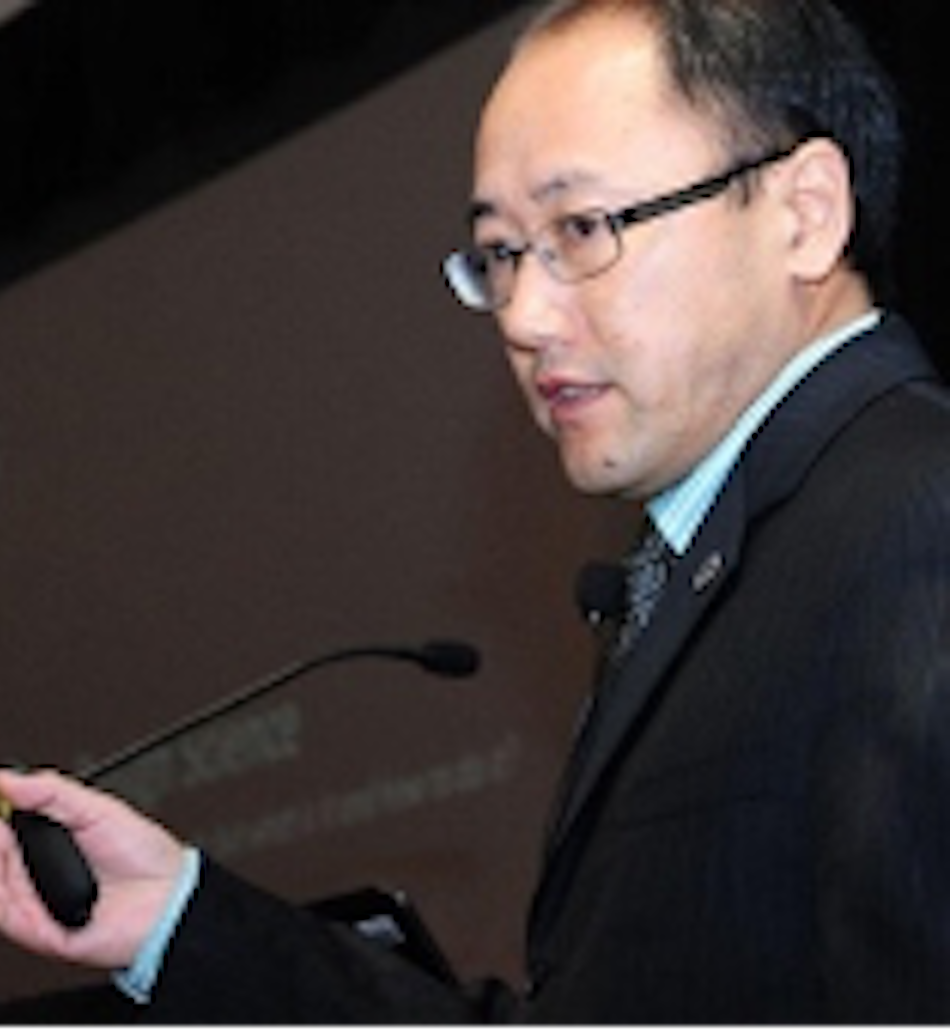Short abstract:
Addressed are questions such as: What is creativity, design creativity, and designer creativity? How to measure and model them through behavioral, cognitive, and neurocognitive approaches? Is there a unified scientific framework (science) to embody creative cognition, creative mechanism, creative behaviors, and creative results? How might LLM technologies impact on creativity, design creativity and designer creativity?

Prof. Dr. John Gero
John Gero is a Research Professor in Computer Science and Architecture at the University of North Carolina at Charlotte. He is a member of the Charlotte Neuro-Cognitive Interaction Lab. Previously he was a Research Professor at the Krasnow Institute for Advanced Study and at the Department of Computational Social Science, George Mason University. Formerly he was Professor of Design Science and Co-Director of the Key Centre of Design Computing and Cognition, at the University of Sydney. He is the author or editor of 54 books and over 750 papers and book chapters in the fields of design science, design computing, artificial intelligence, computer-aided design, design cognition and design neurocognition (citations = 27,500, h-index = 74, i10-index = 385). He has been a Visiting Professor of Architecture, Artificial Intelligence, Civil Engineering, Cognitive Science, Computer Science, Design and Computation or Mechanical Engineering at MIT, UC-Berkeley, UCLA, Columbia, CMU and GMU in the USA, at Strathclyde and Loughborough in the UK, at INSA-Lyon and Provence in France and at EPFL in Switzerland. His former doctoral students are professors in the USA, UK, Australia, Finland, India, Japan, Korea, New Zealand, Singapore and Taiwan. Current and recent research funding has been from the NSF (CMMI, CNS, DRL, EEC, IIS and SBE Programs), DARPA and NASA. He has been the recipient of many excellence awards including the Harkness Fellowship, two Fulbright Fellowships, two SRC Fellowships and various named chairs. He is on the editorial boards of numerous journals related to design science, computer-aided design, artificial intelligence and knowledge engineering and is currently the Co-Editor-in-Chief of Design Science. He is the chair of the international conference series Artificial Intelligence in Design, the conference series Design Computing and Cognition and the international conference series Computational and Cognitive Models of Creative Design. He is a Fellow of the Association for the Advancement of Artificial Intelligence, Life Fellow of the Design Society and Life Fellow of the Royal Society for the Arts, among other learned societies. Professor Gero is an international consultant in the fields of design research, design cognition and neurocognition, artificial intelligence in design and technology policy.

Dr. Todd Lubart
Dr. Todd Lubart, PhD from Yale University (USA), Professor of Psychology at University Paris Cité, Former director of an applied psychology research laboratory, coordinator of several grants and contracts (ANR, industrial collaboration contracts, collaboration on OECD studies of creativity, and the DEPP - French Ministry of Education). He has approximately 200 publications on creativity including articles, books and psychological tests. His lines of research involve the construction of creativity assessments, creative development, support for creativity through virtual environments and social robotics. Todd Lubart serves on the editorial board of journals concerning creativity and innovation, received the Berlyne award from the American Psychological Association, the Torrance award from NAGC, was a member of the Institut Universitaire de France, and is now president of ISSCI (the International Society for the Study of Creativity and Innovation, issci.online).

Dr. Mathias Benedek
Mathias Benedek, Ph.D. is Assistant Professor at the Institute of Psychology, University of Graz, Austria, where he directs the Creative Cognition Lab. His research focuses on cognitive and brain processes underlying creative thought, psychometric issues in creativity assessment, and individual differences in creativity, intelligence and personality. He obtained an MSc from the University of Graz and a PhD from the University of Kiel, Germany. Mathias Benedek has published over 120 empirical articles and book chapters in the fields of creativity research and cognitive neuroscience. He was awarded the William-Stern Award by the German Psychological Society in recognition of excellent, innovative work in the field of personality psychology, and received the Berlyne Award in recognition of outstanding research by an early career scholar from Division 10 (Society for the Psychology of Aesthetics, Creativity, & the Arts) of the American Psychological Association.

Prof. Dr. Yong Zeng
Dr. Yong Zeng is a Professor in the Concordia Institute for Information Systems Engineering at Concordia University, an adjunct professor in the Department of Community Health Sciences at the University of Calgary. He is the president of Society for Design and Process Science (SDPS). He was an NSERC Chair in Aerospace Design Engineering program (2015 - 2019). He was the Canada Research Chair (Tier II) in design science (2004 - 2014). He received his Ph.D. from Department of Mechanical and Manufacturing Engineering at the University of Calgary in 2001 and another PhD degree in Computational Mechanics from Dalian University of Technology in 1992. He is an Associate Editor of AI EDAM and Journal of Engineering Design. Honorary Editor (since 2018) and Editor-in-Chief (2012-2018) of Journal of Integrated Design and Process Science (IOS), and an editorial board member of Computers in Industry as well as Computational Design and Engineering. Zeng’s research aims to understand and improve creative design activities through formal and neuro-cognitive experimental approaches. He has proposed a new domain-independent design methodology called Environment-Based Design (EBD).